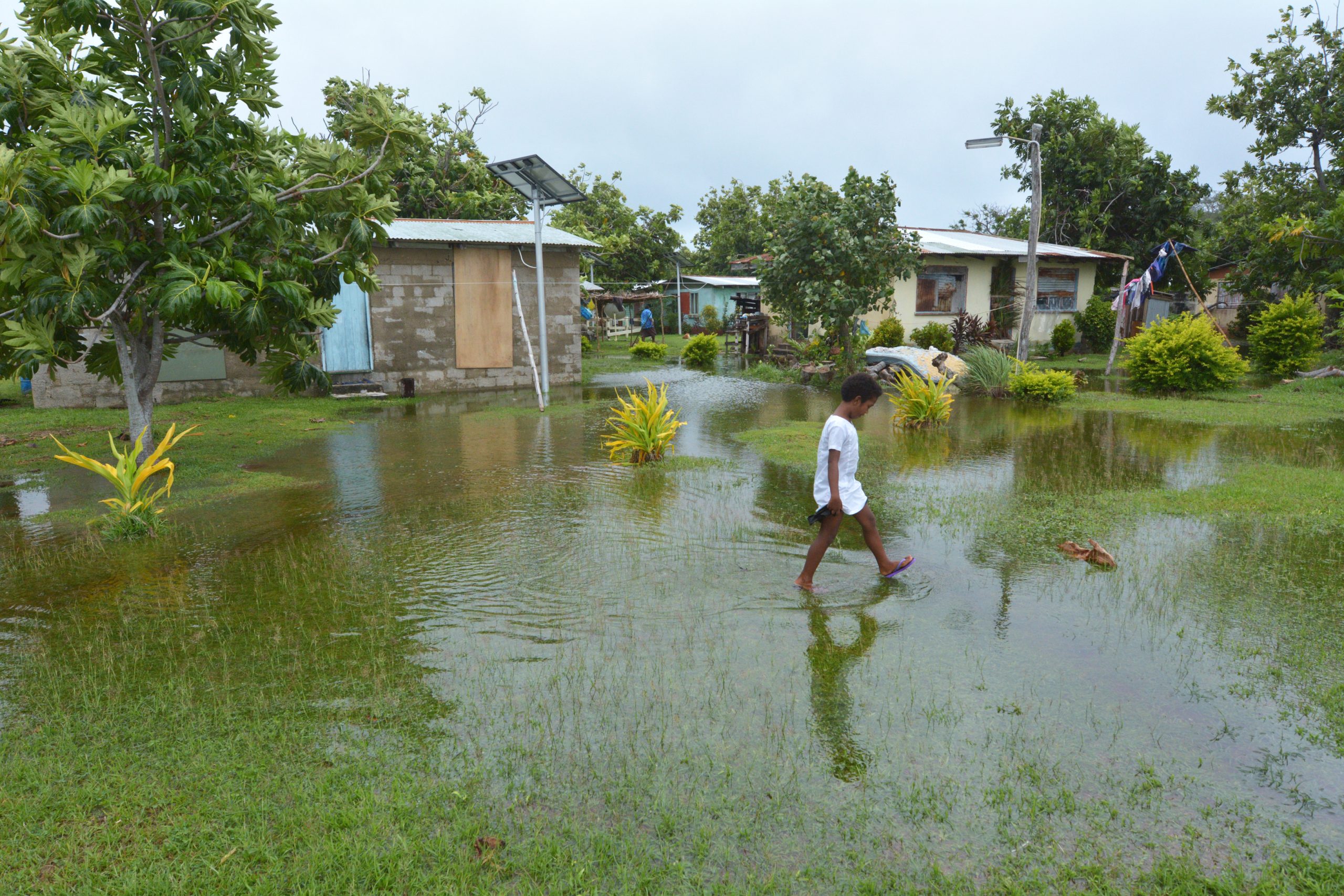6. Multilateral and international systems must acknowledge and account for SIDS
unique vulnerability. Partners are working to implement the Glasgow Climate Pact
principle for vulnerability to be considered in financial decisions. Attendees
emphasised the need for measuring vulnerability and resilience in IFI allocations and
policy making. Attendees engaged with the UN’s new MVI and looked forward to the
event on MVIs on 3 May, hosted by ODI’s Resilient and Sustainable Islands think
tank (funded by FCDO). National income per capita does not capture or incentivise
sustainable development for countries, and particularly small states
7. Measures of resilience reflect a pathway to sustainable development and
encourage a systems approach. While environmental resilience is critical for SIDS
in the face of climate change, if we focus only on environmental resilience, we
perpetuate the issue of approaching development through slices. The UN MVI has
three dimensions: economic, environmental, social, reflecting the UN Sustainable
Development Goals.
8. Transition finance is a critical issue for SIDS. At the point of graduation, SIDS are
on average dependent on ODA for over a quarter of their external flows while other
countries at that GNI per capita have just 1% dependence, according to the OECD.
There is wide appreciation that the GNI per capita single-criterion fails to capture the
development position of small states. Recently there have been issues with SIDS’
graduation. Attendees commented on the real costs. Palau sited that they needed to
raise debt at high rates to make up for concessional finance as they could not raise
non-concessional finance due to small scale while concessional finance fell
dramatically due to predicted graduation. Australia had to change operations before
reversing, which precipitated costs from refreshing contracts and losing capacity.
9. SIDS would benefit from reforms to the ODA graduation system. These include
increasing the period for warning to countries due to graduate and ensuring a space
for discussions with countries about to graduate. The process is currently that
countries are due to graduate if over the GNI per capita graduation threshold for
three consecutive years, at the time of the triennial review. The DAC could consider
flexibility around DAC ODA rules. Attendees agreed to encourage the DAC to discuss
options, including through the DAC-SIDS Taskforce, both to work with countries
graduating to smoothen the transition and to develop principles for graduating. See
the section on ‘Partnerships, implementation and improving quality of aid’ for more
actions on transition finance and improving aid.
10. Access to non-concessional finance is an important factor for determining
eligibility for concessional finance. At the World Bank, access to non-ODA and
commercial finance is measured to determine eligibility for concessional finance
windows. This enables an understanding of countries’ alternatives to concessional
finance, and attention toward improving opportunities for non-concessional finance as
part of countries’ development. To avoid cliff edges of external flows at ODA
graduation, the graduation process could include consideration of access to non-ODA/commercial finance, along with efforts to ensure ODA activities are sustainable.
At the same time, there needs to be policy coherence on delivering diversification of
external flows. For instance, there may be a need for coherence between the OECD
transition finance process and the OECD International Tax policy to discourage tax
havens.
11. Multilateral and international systems need to tailor their operational processes
to SIDS’ small capacity SIDS. This could include increased capacity support for accessing finance and programme implementation. Stakeholders find that IFIs do not
have sufficient geographical expertise in SIDS to effectively engage, particularly the
Pacific which is physically far from the World Bank and International Monetary Fund
(IMF) HQs and most donors. IFI Board members will consider seeking improvements
in IFIs.
12. High debt burdens are a major risk for SIDS and this impedes their ability to
attract finance. Over half of developing country SIDS are at high risk, or already in,
debt distress, higher than countries at the same income levels. Utilising momentum
from debt discussions, a consortium are developing a programme of work to make
progress on SIDS debt by SIDS4. This may include considering best practice for
innovative finance approaches including climate resilient debt instruments, blue
bonds, and debt (restructuring) for nature and climate swaps. Partners will encourage
creditors to adopt climate resilient debt instruments including Climate Resilient Debt
Clauses. Disaster Risk Finance continues to be important for SIDS’ economic and
climate resilience.
13. SIDS face particular barriers to diversifying finance sources and private sector
mobilisation due to remoteness and smaller scale. Integrated finance strategies
can help to identify sources of finance. SIDS stakeholders need to work with MDBs
on enhancing private sector mobilisation. Including the private sector in the
conversation will be important to scale up sustainable finance and deliver on
ambitions for SIDS4. Philanthropy should also be engaged. To help develop
partnerships beyond traditional partners, a ‘Davos for SIDS’ could be held. Financing
strategies for implementing SDGs in SIDS should be integrated with a systems
approach. These can be informed through the UN Integrated National Financing
Frameworks (INFFs), which are developed for 10 SIDS. Reducing remittance costs is
also important for many SIDS who are highly dependent on remittances.
